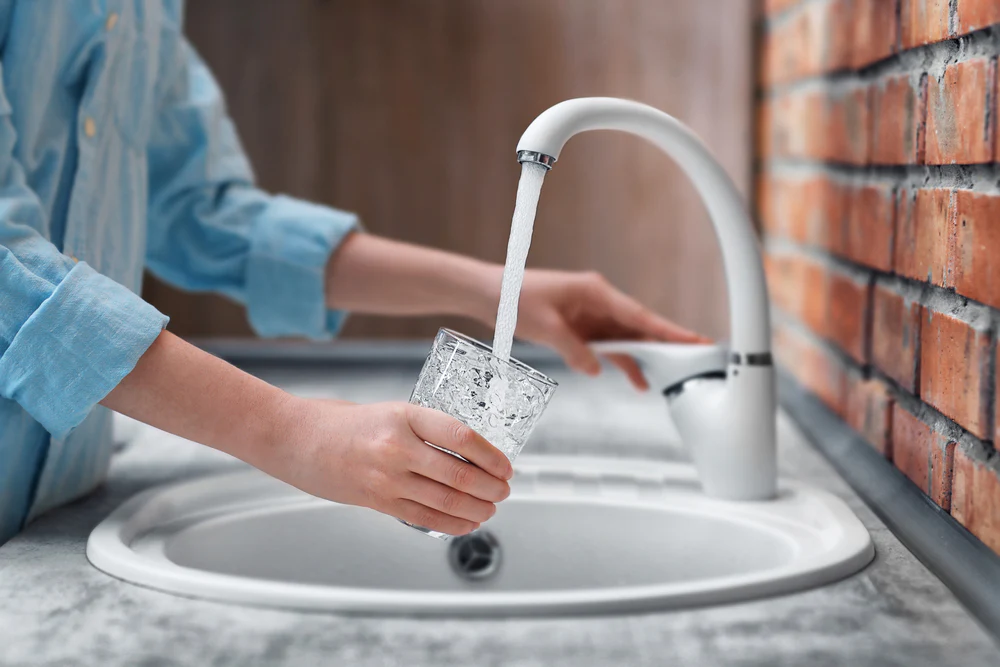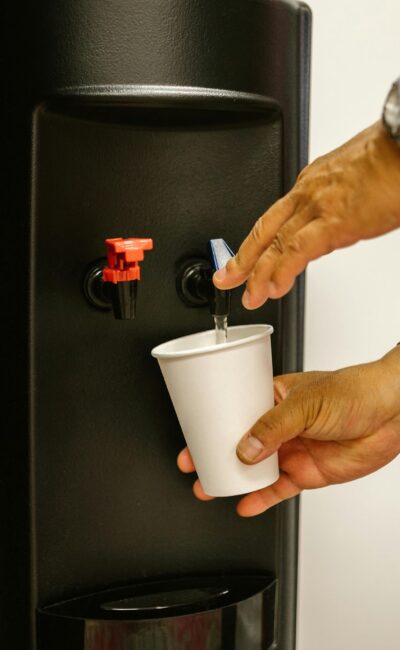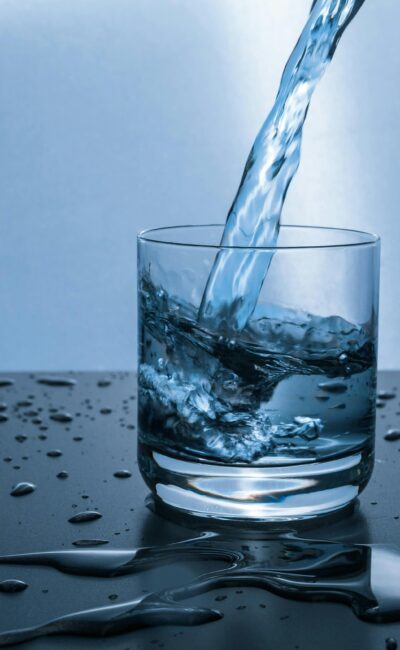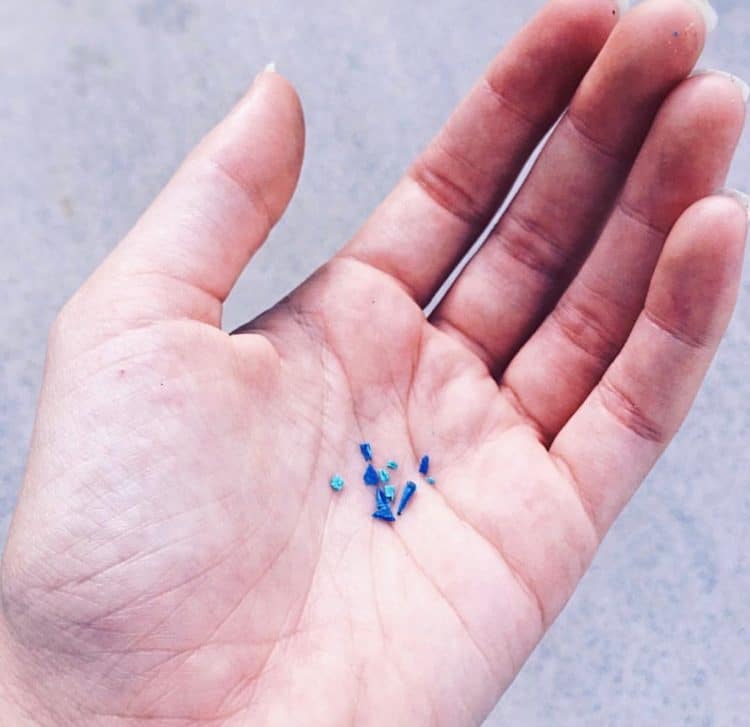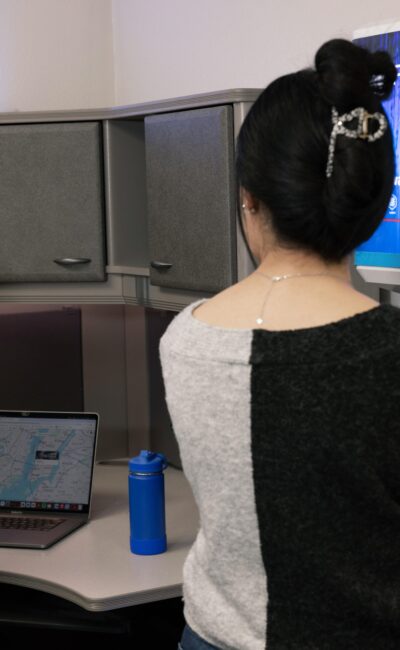Updated July 7, 2024
What’s the tap water quality in your home? Are there any concerning contaminants in your water? You might be surprised to know this information does not exist, assuming you haven’t had your water tested.
Let’s step back a moment and discuss how the Earth’s water becomes tap water in your home. This process is generally defined in three steps: Source, Treatment, and Conveyance.
Source water

The key source of water is precipitation. Precipitation funnels to our reservoirs, lakes, rivers, and into the ground.
Treatment

This source water is then piped to a water treatment plant.
- There are thousands of water treatment plants in the U.S., and treatment options may vary based on the specific profile of the source water coming into the plant
- As you might expect, the water treatment process is regulated and water quality testing results are reported to the EPA
- However, this is where the testing stops
Conveyance

The final part of the process is conveyance.
- This is where the treated water from the plant is distributed to your home. A lot can happen during this phase as your water can remain underground in pipes for up to 2-5 days
- As the infrastructure piping continues to age across the country, our water quality changes. We’ve seen numerous instances of heavy metals leaching into the water supply during this phase, often well above EPA recommended levels
- Another area of concern is the proliferation and use of pesticides and chemicals that may not be part of the testing protocol at water treatment plants due to outdated regulations
So back to the original question. What’s the tap water quality in your home?
- You’ll have to test to find out as testing stops at the water treatment plant and doesn’t actually reflect the water quality coming from your tap.
- There are several options for testing. One company FloWater has experience with is SimpleWater Tap Score: https://mytapscore.com/.
- It’ll take around 2 weeks from sample collection to testing results, and pricing is dependent upon the type of testing you prefer.
Is Your Faucet Drinking Water Safe?
- Unless you have conducted a water quality report on your tap water, it can be very difficult to know whether your home water system is clean or not.
- Every community water system is different, which means it’s hard to know for certain if your drinking water quality is safe for daily consumption.
- If you are worried that your home faucet water has elevated levels of contaminants and bacteria, the best thing you can do is to get a water filter.
- These filtration systems and quick and easy to install while making a major impact on your drinking water supply.
- A water filter cleans a home water source right from the tap and removes any bacteria, particles of metal, chlorine, or other microbial contaminants that may be lurking in your pipes.
How to Improve Your At-Home Water Source
First things first, get your water supply checked by a professional. Rest assured that regardless of your testing results, or the concerns you have on the quality of your family’s drinking water, FloWater will completely transform your tap water into safe, great-tasting, and plastic-free drinking water utilizing medical-grade technology.
